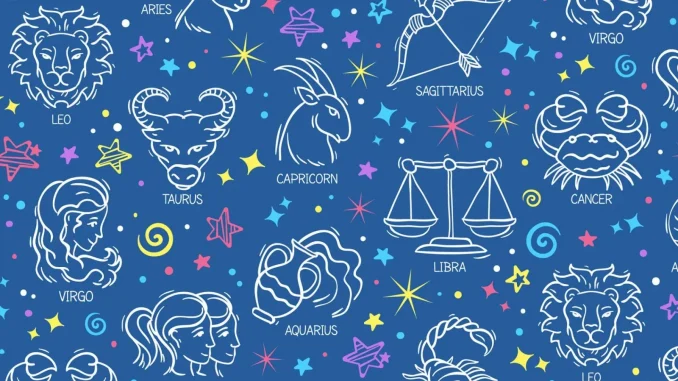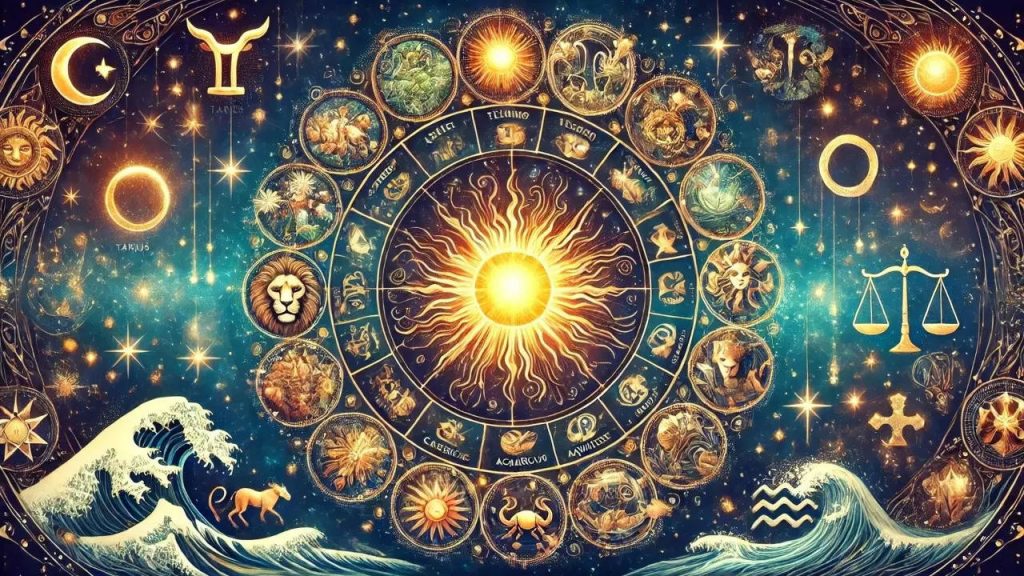
Astrology, derived from the Greek words “astron” (star) and “logos” (study), is the discipline that explores the influence of celestial bodies on human beings, organisms, and the environment on Earth. This ancient practice has evolved significantly over time, shaping various cultures and influencing modern psychological theories.
Origins of Astrology
The origins of astrology can be traced back to Mesopotamia, around 3000 BCE, where ancient Babylonians observed celestial phenomena to predict the future, believing that astronomical events were closely linked to earthly occurrences. Soon, other ancient civilizations such as Egypt, India, and China developed their unique astrological systems.

Historical Development
Greek and Roman Astrology: During the 4th century BCE, with the conquests of Alexander the Great, Greek culture merged with Eastern traditions, leading to the further development of astrology. Greek philosophers like Aristotle and Hippocrates studied and documented astrological observations. By this time, astrology evolved from a mere predictive tool into a systematic discipline.
The Dark Ages and Arabic Influence: During the Middle Ages, astrology was condemned by the Church as heresy and nearly disappeared from Europe. However, it flourished in the Arabic world, where scholars preserved and expanded Greek astrological knowledge, integrating it with their own astronomical findings. The works of Arabic astrologers, such as Albumasar, were later translated back into European languages, contributing to the revival of astrology during the Renaissance.
Renaissance and Modern Astrology: In the 20th century, astrology gained popularity in Western society. The advent of psychology led to the integration of astrology with psychological theories, giving birth to modern psychological astrology. This new approach focuses not only on the impact of celestial phenomena on individual destiny but also on personality traits and psychological states.
Influence on Modern Culture and Psychology
Astrology has significantly influenced modern culture, shaping beliefs about personality, fate, and human behavior. The twelve zodiac signs, for instance, are widely recognized as representing different personality traits and life paths. People often refer to their astrological signs to understand themselves and others better.

Moreover, the convergence of astrology with psychology has deepened our understanding of the human mind. Carl Jung, the founder of analytical psychology, was particularly fascinated by astrology. He saw astrology as the summation of ancient psychological knowledge and used astrological symbols to explore the unconscious mind. Jung’s concepts, such as the shadow, archetypes, and the collective unconscious, resonate with astrological interpretations, highlighting the interplay between inner and outer worlds.
Modern astrology has also diversified into various branches, including natal astrology (focusing on individual birth charts), electional astrology (choosing auspicious times for significant events), horary astrology (answering specific questions through astrological charts), and mundane astrology (studying the fate of nations and societies).
In conclusion, astrology has evolved from its ancient roots in Mesopotamia to become a discipline that intersects with modern psychology and culture. Its influence continues to be felt in various aspects of human life, providing insights into personality, fate, and the intricate dance between the cosmos and the individual.

Leave a Reply